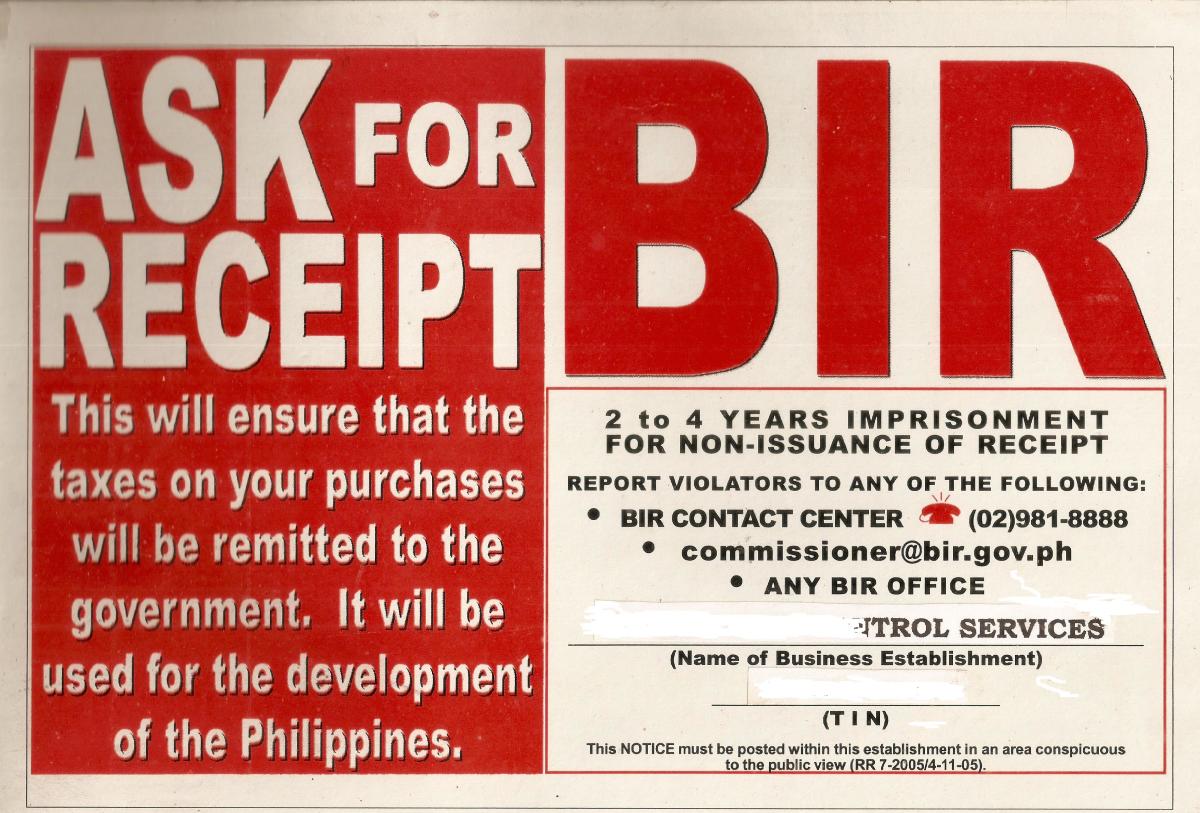It May Surprise You Who Can Make You Sell Your House! Even If You Don't Desire It to Be Sold, or Purchased.
As Marie Antoinette Discovered, You Can Be Removed from Your Domain Prior to the Guillotine.

Everyone Has Heard of Jezebel
Eminent Domain In Biblical Times - Jezebel Frames and Kills For A Vineyard
Naboth owned a vineyard and Ahab, the King of Israel, who had married the Sidonite,
Jezebel, wanted it. Jezebel had him framed and killed.
Just for good measure, she had his sons killed.
Naboth had refused to sell the beautiful vineyard, and so the Eminent Domain went
on.
"Eminent Domain", and a New Ruling Could Hurt You and Complicate Your Life
Eminent Domain used to mean: In the public interest the government can take your property if they pay you for it. Now, because of our Supreme Court ruling in 2005, the whole subject is different. And it could hurt you.
The Supreme Court ruled that local governments may force property owners to sell out and make way for private economic development when officials decide it would benefit the public, even if the property is not blighted and the new project's success is not guaranteed.
What this means is that a new developer with cash in his pocket can make a pitch to a new politician to "condemn" a project that might not be that old, and to engage in an investment, that sure enough, might not be financially successful.
You are not scared by this, only because your house, or your business is not yet threatened. But. If you are personally threatened, this should make you tremble.
But Justice John Paul Stevens, the one who is retiring and making way for a new Judge, writing for the majority, cited cases in which the court has interpreted "public use" to include not only such traditional projects as bridges or highways but also slum clearance and land redistribution. He concluded that a "public purpose" such as creating jobs in a depressed city can also satisfy the Fifth Amendment.
The taking of land by the powerful and the royal and the establishment is as old as the hills. However, in our more "enlightened" time, eminent domain was supposed to have rules to protect the small property owner, but with one decision, the law has turned into a "law of a different color".
Compensation Not In The Beginning, But Now Expected
The principle that the state necessarily owes compensation when it takes private property was not generally accepted in either colonial or revolutionary America. They frequently had uncompensated takings. They were justified through various means. Crown officials justified uncompensated takings by appealing to royal prerogative and limitations contained in original land grants.
Two states, however, would soon create constitutions that contained compensation requirements - Vermont and Massachusetts.
"The Dogs Will Lick Your Blood"
This beautiful vineyard attracted the royal eye. David looked down upon Bathsheba, and she attracted his royal eye. I point this out to show that the force of law, even in those times has a powerful effect. David felt compelled to "kill Uriah at the wall" through combat. He could have just as easily killed him outright through any whimsical order David might give. However, he felt compelled to have him killed by the enemy. There was a desire to appear not to be committing the sin he was committing, even though he was King.
An Old Big Beautiful LTD and a Family of Six
The economy involved with liquidating older property is troubling. Imagine you get rear ended, and your old car is totaled. You get $1200 and you can't replace the LTD that holds your four kids. You have a down payment on a new car, or you buy a used economy car. Your family of six does not fit in. There is really no way to compensate you for your real loss. Old houses are like that too.
Your Family's Old Home Built In the 40's
It's square with an old fence, but you have painted it recently. Just 1,000 square feet with an old basement. You keep it up nice, but people just say: "It's cute, but old". It has been in your family for three generations. A government official comes up and declares that a new strip mall is coming in and you have to leave with market compensation. It's your home. And you have to leave. The value is low sure and they can figure out how to rate it even lower. You get a handful of cash, and you have to move your family, and leave the home that has been in your family for 70 years. It used to be freeways or big government projects, now your home goes down for a strip mall. And you must uproot your existence for a developer.
Fast Forward Five Years -
This strip mall did not have to be successful. It just had to take out a "blighted community" and it "provided jobs". Your home has been plowed under. The strip mall has one occupant. It is now blighted. You drive by and you say to yourself: "So much for eminent domain. So much for my little generational family home." This scenario is being played out all over America. It is the big guys against the one little guy. They can pick you off one by one. There are no class action suits here. Developers and Local Leaders just enjoy the Supreme Court's recent decision and declare at late night meals in high priced restaurants: "There was much wisdom in that decision. It has made us all much richer. And people got their low-cost housing in some other neighborhood -- one that we might be aiming at in a few short years!"
Condemnation
In the U.S., it is hard to get used to the idea of "condemnation" through legal means. We tend to think of condemnation as what happens after a fire or a tornado. If you refuse to pay what the government offers, condemnation is the next result. In light of this, you should prepare yourself to accept financial offers of compensation, because there is little recourse otherwise.
L'Histoire de Domain D'Eminent
Eminent domain has a long and distinguished legal history,
dating from the first limits on sovereign power in the Magna Carta.
While this has been tempered in the modern era recent court decisions,
have made the exercise of this power controversial.
While eminent domain has traditionally been used to build roads, waterways,
defense installations, government and public buildings,
t has in recent years, changed.
Cycles in History - Corruption -
© 2010 Christofer French







